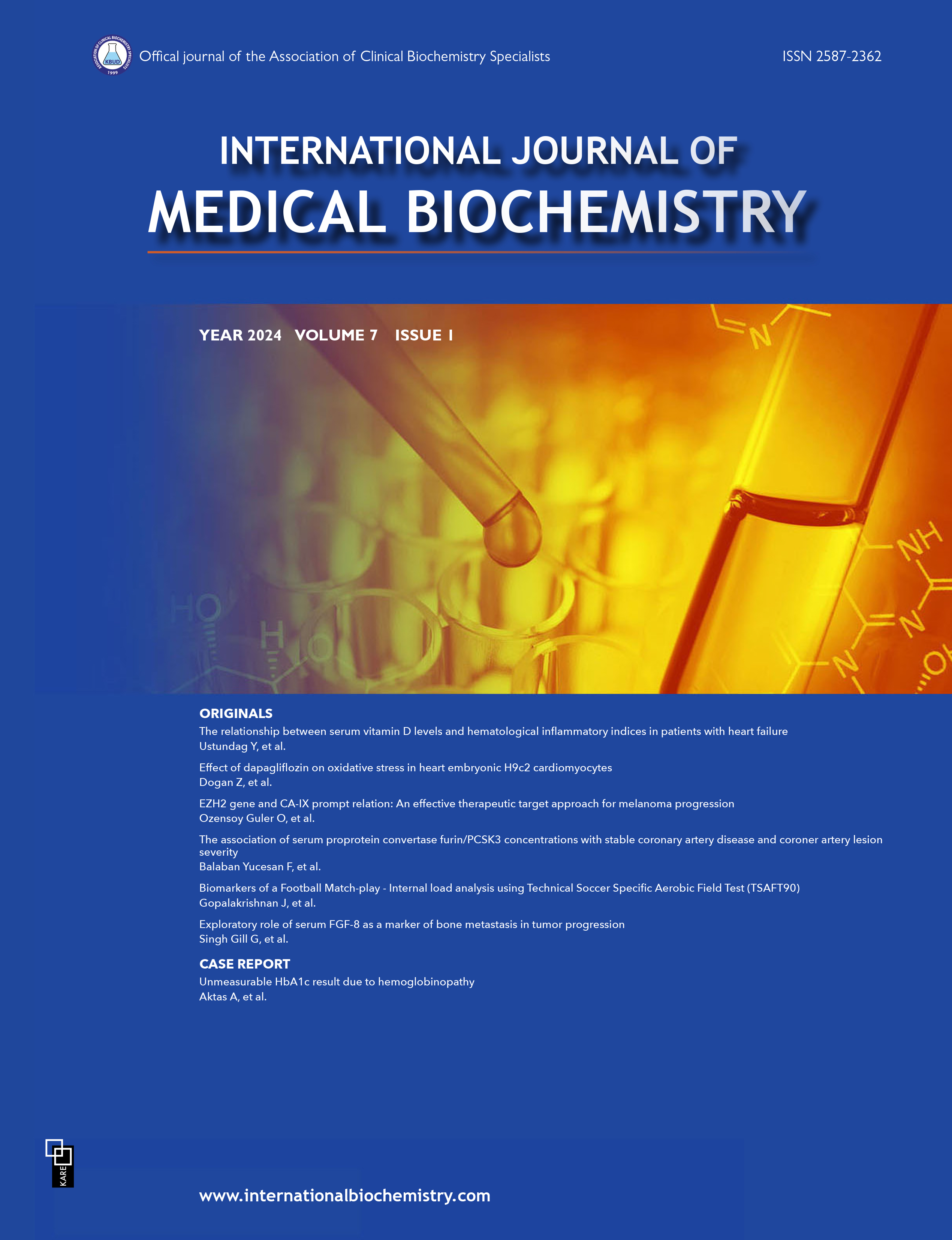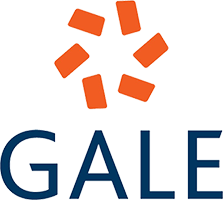Vascular responses disrupted by fructose-induced hyperinsulinemia improved with delta-9-tetrahydrocannabinol
Zeynep Gizem Todurga Seven1, Çağla Köse2, Zeynep Mine Coşkun3, Selim Gökdemir1, Ahmet Gökhan Akkan4, Sema Bolkent5, Sibel Özyazgan11Department of Medical Pharmacology, Istanbul University-Cerrahpasa, Cerrahpasa Faculty of Medicine, Istanbul, Turkey2Department of Medical Pharmacology, Halic University Faculty of Medicine, Istanbul, Turkey
3Department of Molecular Biology and Genetics, Demiroglu Bilim University Faculty of Arts and Sciences, Istanbul, Turkey
4Deparment of Medical Pharmacology, Bezmialem Vakif University Faculty of Medicine, Istanbul, Turkey
5Department of Medical Biology, Istanbul University-Cerrahpasa, Cerrahpasa Faculty of Medicine, Istanbul, Turkey
INTRODUCTION: In recent years, cannabinoids have been shown to have beneficial effects on diabetic vascular complications. Vascular complications due to fructose-induced hyperinsulinemia (HI) and diabetic vascular complications have similar mechanisms. The aim of this experimental study was to observe whether the cannabinoid agonist delta-9-tetrahydrocannabinol (THC) has an ameliorating effect on fructose-induced HI and vascular responses in the aortic ring of rats with HI.
METHODS: A total of 24 rats were categorized into 4 groups: control (standard food pellets and water), HI (water containing 10% fructose provided for 12 weeks), THC (1.5 mg/kg/day intraperitoneal administration for 4 weeks), and THC+HI. Body weight was measured again on the last day of the study and the serum insulin level was measured with an enzyme-linked immunosorbent assay. The acetylcholine (ACh) maximum relaxant effect in aortic rings pre-contracted with noradrenaline (NA) was evaluated.
RESULTS: The body weight of THC and THC+HI groups was lower compared with that of the controls (p<0.01). Increased insulin level as a result of fructose consumption decreased with THC administration (p<0.01) while the glucose level increased in all other groups compared with the control group (p<0.01, p<0.05). The NA Emax value decreased in the group receiving THC treatment (p<0.01). The increased ACh pD2 value in the HI groups also decreased in the THC treatment group (p<0.0001). The decreased maximum inhibition value in the HI group increased significantly with THC administration (p<0.001).
DISCUSSION AND CONCLUSION: THC demonstrated beneficial effects on fructose-induced HI. THC improved ACh-induced endothelialdependent relaxation in HI rat aortic rings.
Corresponding Author: Zeynep Gizem Todurga Seven, Türkiye
Manuscript Language: English



















